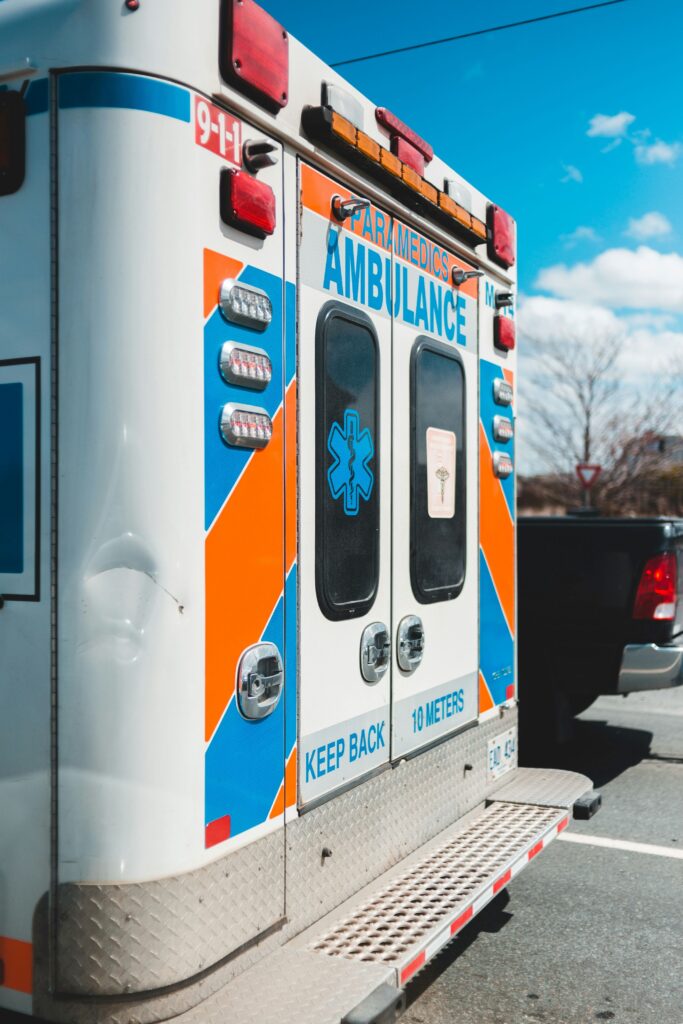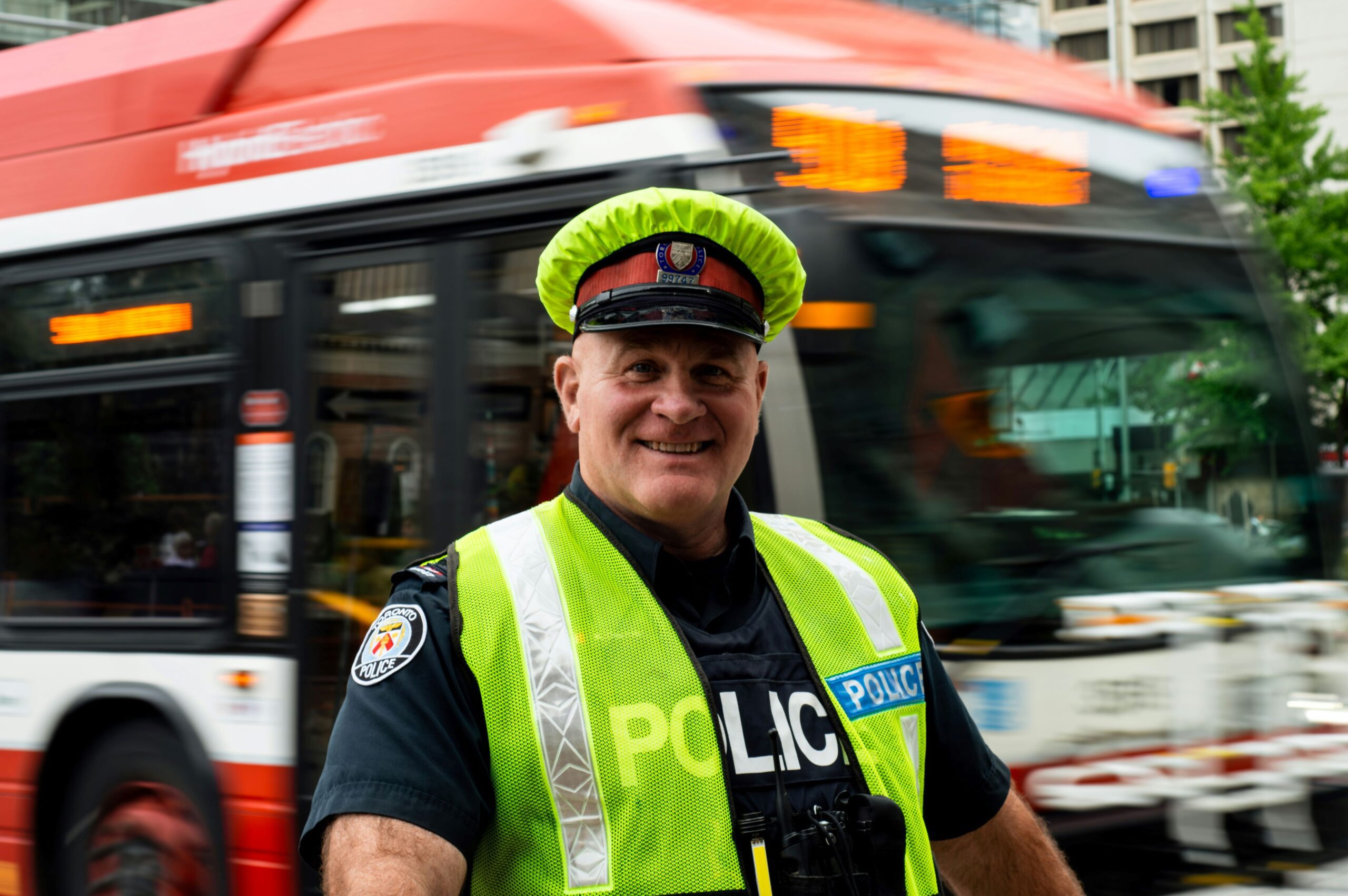Emergencies can happen at any time, and being prepared to respond effectively is crucial for ensuring the safety and well-being of yourself and your community. First, you’ll need to know what kinds of emergency services are available in Canada, how to reach them, and what information they will need from you.
If you’re new to Canada and just received your permanent resident card, you may be eligible for Canoo! Download Canoo today to get free access to experiences across Canada.
What Are Emergency Services?
In Canada, a well-coordinated network of emergency services is here to help you! You’ll be able to find support for anything from medical crises to natural disasters to a common car accident.
This system includes police, firefighters and paramedics working collaboratively to ensure a prompt and coordinated response to emergencies, with the overarching goal of protecting lives, property, and the environment. So, in many emergencies, you are likely to see more than one of the services listed below as they work together to support you.
Police Services
Police services play a vital role in maintaining law and order, preventing crime, and supporting other services in emergencies. In Canada, policing is carried out by municipal police forces, provincial police services, and federal law enforcement agencies. Police officers are trained to handle all kinds of situations, from routine traffic stops to critical incidents, such as hostage situations or acts of terrorism. The different levels of police services rely on jurisdiction primarily – so where the crime or emergency is taking place. However, depending on the severity or type of crime, the services may intersect.
Fire Services
Fire services are responsible for preventing, mitigating, and responding to fires, as well as other emergencies such as hazardous material incidents, technical rescues, and medical emergencies. In Canada, fire departments may be organized at the municipal, volunteer, or industrial level, depending on the needs of the community. Firefighters undergo extensive training in firefighting techniques, rescue operations, and initial medical care to ensure they can effectively handle any emergency.
Medical Services
Emergency medical services provide medical care outside of a hospital and transportation to the hospital for individuals in need. In Canada, it is typically provided by ground ambulance services, air ambulance services, and community paramedicine programs. Paramedics are trained to assess and treat different medical conditions. They can also provide aid for minor injuries or take anyone suffering life-threatening injuries to a hospital for more specialized care.


Who to Call in an Emergency?
In Canada, accessing emergency services is as simple as dialing 9-1-1 or the non-emergent police line in your region. You can find the non-emergent police line by searching “non-emergent police line in (your city or town)”. When calling for assistance, it’s important to provide accurate information about the nature of the emergency and be able to provide other relevant details that can help emergency responders assess the situation. This will help those who answered the call provide assistance quickly and effectively.
A Few Tips for Emergency Calls
Stay calm and articulate your message clearly. Specify the situation and what you need (police, fire, or ambulance). Make sure you also have the following details ready:
- A short description of the situation
- Your precise location
- Your name, address, and phone number
You need to stay on the line and provide more details if needed. And, make you sure that you only hang up only when the call taker tells you to.
Remember: 9-1-1
If you’re ever in trouble and need help, dial 9-1-1. Once you make the call, emergency services will lead you to the police, firetrucks, and ambulance or bring those services directly to you. But do not call unless necessary!
They work together to keep people and property safe. Knowing how to reach them and communicate clearly during emergencies ensures you get help quickly. Understanding what each service does and being ready to act fast can help make your community a safer place for everyone.





